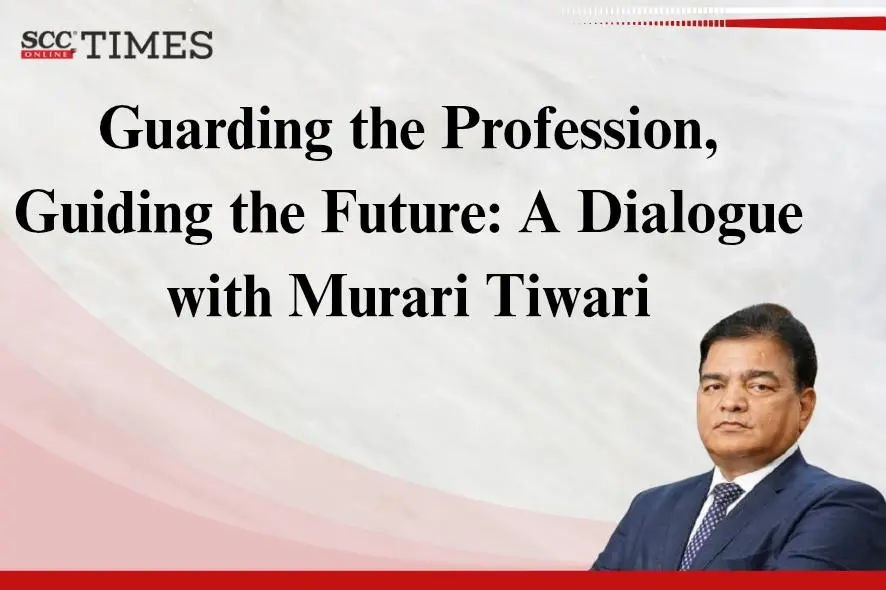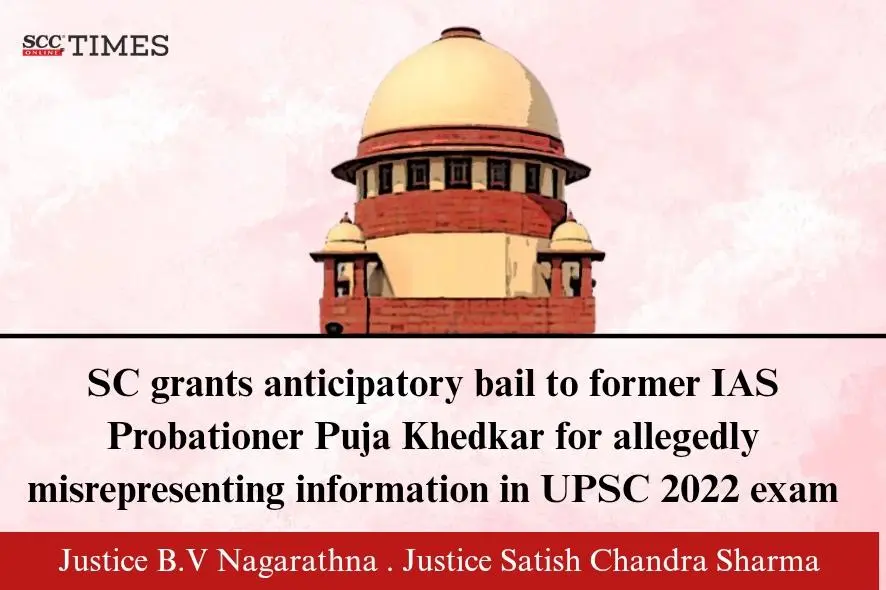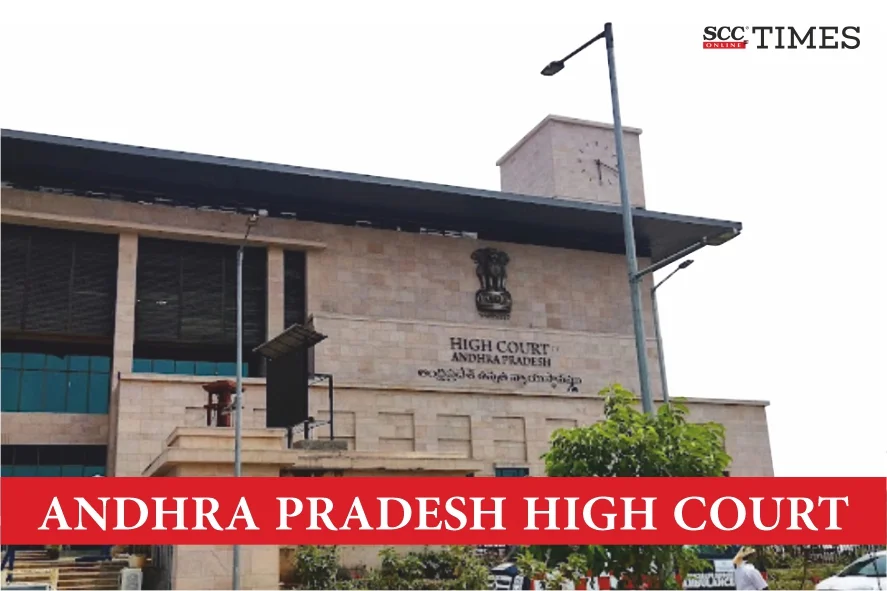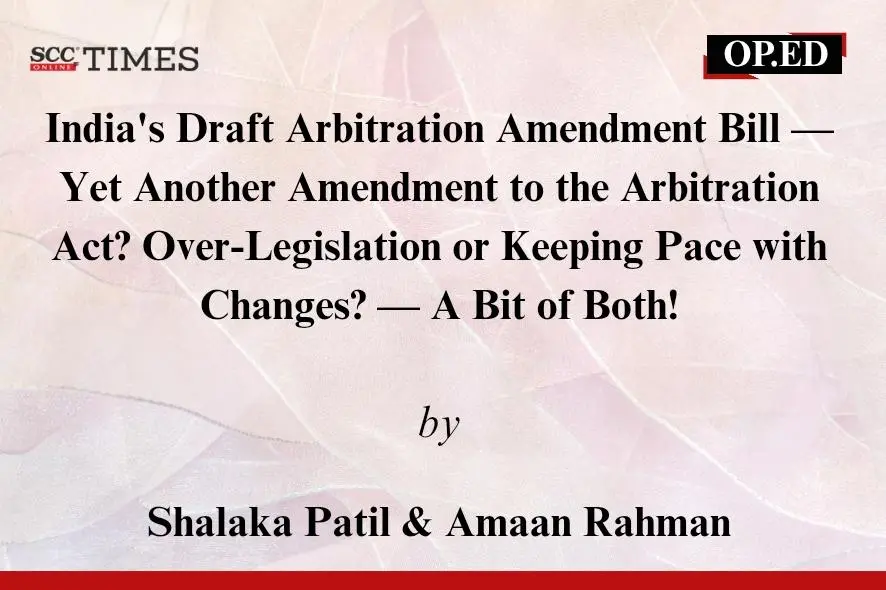Supreme Court: Upholding the validity of the investigative process, under the provisions of the Scheduled Castes and the Scheduled Tribes (Prevention of Atrocities) Act, 1989, the 3-Judge Bench of J.S. Khehar, CJ and Dr. D.Y. Chandrachud and S.K. Kaul, JJ held that there is no infirmity in the determination of the Central Government in vesting the investigative power by making Rules under the SCST Act namely the Scheduled Castes and the Scheduled Tribes (Prevention of Atrocities) Rules, 1995, with reference to offences committed under the SCST Act, with an officer not below the rank of Deputy Superintendent of Police.
The Court explained that on account of the harsh consequences of the offences contemplated under the provisions of the SCST Act, under the SCST Rules, the Central Government considered it expedient to vest the investigative power, for offences under the ‘SCST Act’ to officers, not below the rank of a Deputy Superintendent of Police. This determination at the hands of the Central Government, had an all India effect, and was not State specific. The Central Government considered it expedient to require investigation to be carried out, by an officer not below the rank of Deputy Superintendent of Police.
Regarding the question as to whether the State Government, could in its discretion, in furtherance of the power vested with it under Section 9 of the SCST Act, relax the provision made by Rule 7 of the SCST Rules, the Court said that Section 9(1)(b) confers on the State Government, the power to further delegate the power of arrest, investigation and prosecution. This power vested with the State Government, through a non obstante clause, cannot be neutralized by any rule framed under Section 23 of the SCST Act. The non obstante clause, extended to the State Government, power to overlook and provide differently, from the position contemplated under the SCST Act, as well as the SCST Rules.
Discussing the nature and scope of Section 9 of the SCST Act that dealt with conferment of powers, the Court said that the said provision was aimed at, and provided for, an effective mechanism for arrest, investigation and prosecution, in addition to the provisions in place. In case the State Government found the same as necessary and expedient, for an effective implementation of the provisions of the SCST Act, it had the right and the responsibility, to vest the power of arrest, investigation and prosecution, in additional personnel. [State of Bihar v, Anil Kumar, 2017 SCC OnLine SC 422, decided on 23.03.2017]












